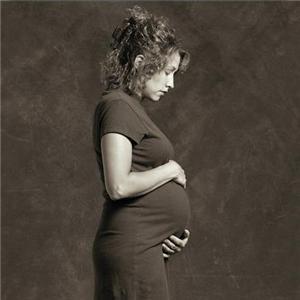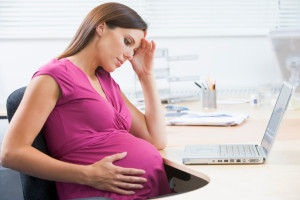The Pregnancy Disability Leave regulations provide that all employers must provide a leave of up to four months, as needed, for the periods of time an employee is actually disabled because of pregnancy even if an employe has a policy or practice that provides less than four months of leave for other similarly situated temporarily disabled employees. If an employer has a more generous internal leave policy for similarly situated employees with other temporary disabilities than is required for pregnancy purposes under the regulations, the employer must then provide the more generous leave to employees temporarily disabled by pregnancy. (Cal. Code. Regs., tit. 2, section 7291.9(b)).
Thus, under PDLL, an employee disabled by pregnancy is entitled to up to four months of disability leave, regardless of any hardship to her employer. Under the FEHA, a disabled employee is entitled to a reasonable accommodation – which may include leave of no statutory fixed duration – provided that such accommodation does not impose an undue hardship on the employer.
It is been held that an employee may be entitled to both – the pregnancy leave and then, if needed, additional disability leave for a qualifying disability, and that disability is not in place of pregnancy by leave but a benefit in addition to pregnancy leave to a qualifying employee. (Fuentes Sanchez v Swissport, Inc.)
 San Francisco Employment Law Firm Blog
San Francisco Employment Law Firm Blog



